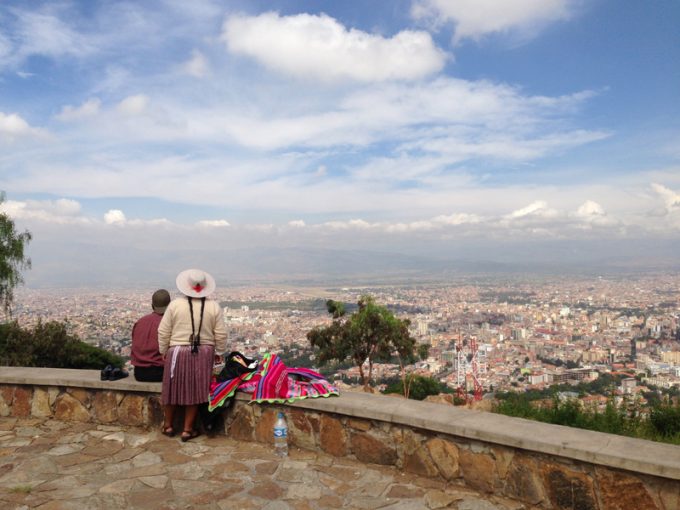Supply chain radar: Beware horsemen two, three & four of the (logistics) apocalypse
It’s really not a matter of if, but when

The political crisis engulfing Bolivia is beginning to have a major impact on supply chains serving the country.
According to the government, anti-government protests, which began on 20 October, have caused the country to lose US$167m through “impeded commerce and looting”.
Some $16m of this is “attributable to shipping difficulties and production halts in Cochabamba, Bolivia’s agricultural and industrial hub, home to considerable assets in the country’s chemical, automotive, technological and raw materials industries”, according to DHL’s supply chain risk consultancy, Resilience360.
Road ...
Maersk u-turn as port congestion increases across Northern Europe
Apple logistics chief Gal Dayan quits to join forwarding group
Transpac rates hold firm as capacity is diverted to Asia-Europe lanes
Maersk Air Cargo sees volumes fall as it aims for 'margin in favour of revenue'
Houthis tell Trump they will end attacks on Red Sea shipping
Airlines slash freighter capacity post-de minimis, but 'the worst is yet to come'
MSC revamps east-west network as alliance strategies on blanking vary
India-Pakistan 'tit-for-tat' cargo ban sparks sudden supply chain shocks


Comment on this article